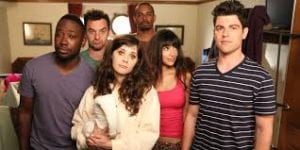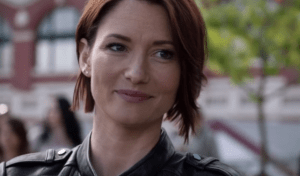In season 2 of Grey’s Anatomy, one of the main plot lines is Izzie’s affair with a patient, Danny, awaiting a heart transplant. Danny, however, is near the bottom of the transplant list. This, compounded with the fact that a heart viable for transplant is not easily come by, means that Danny will, or will not for a long time, receive a heart.

Izzie and Danny together before he dies of a stroke.
Izzie decides to take matters into her own hands and cuts a cord in his heart, pushing him to the top of the list. This (incredibly illegal) plan does work, and he does get a new heart, but Danny has a stroke soon after and dies.Izzie is inevitably found out and then suspended for a short time.
The main issue arises from the punishment, or lack of punishment, that Izzie receives. In a real-world situation, Izzie would have been fired and probably not allowed into an OR again, or at least not for many years.
I completely understand that the point of Grey’s Anatomy is not to be extremely accurate or to be a medical ethics handbook. Despite the show being a drama and not meant to be taken seriously, this does not belay the point that TV has a great influence on the ideology and knowledge base of its viewers. Could medical drama shows actually affect the actions of real medical students and personnel?
In fact, there has been research done on whether or not medical dramas can affect how medical students/professionals treat their careers. According to an Australian study, viewers of shows such as Grey’s Anatomy have a perception of separation between doctors and their work. While this does not conclusively prove that medical dramas would cause a medical professional to treat their job with less care or to ignore the codes of conduct, it does provide context and a solid reason to look further into the effects.
In my opinion, someone who is smart enough and determined enough to pursue a career in healthcare shouldn’t be influenced by a show with a fake hospital and fake drama and fake doctors. Maybe a child or a very impressionable individual would change their views on ethical questions by watching a TV show, but Grey’s Anatomy, in particular, is geared towards adults who should already be set in their view. Hopefully no one watched season 2 of Grey’s Anatomy, and then decided to cut the heart strings of their fiancé…
Weaver, R., Wilson, I., & Langendyk, V. (2014). Medical professionalism on television: Student perceptions and pedagogical implications. Health, 18(6), 597-612. doi:10.1177/1363459314524804
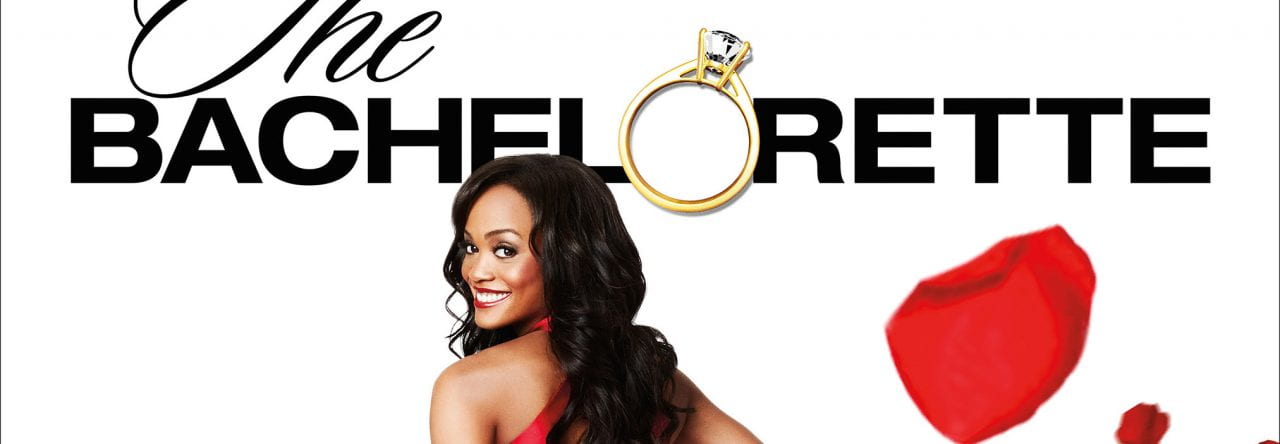
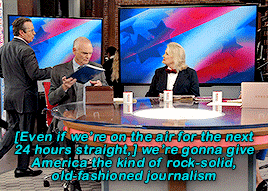
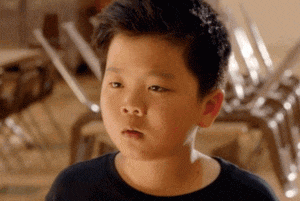






 Dr. Ford’s final salute, as if wishing the humans good luck in the new world he has created.
Dr. Ford’s final salute, as if wishing the humans good luck in the new world he has created.




